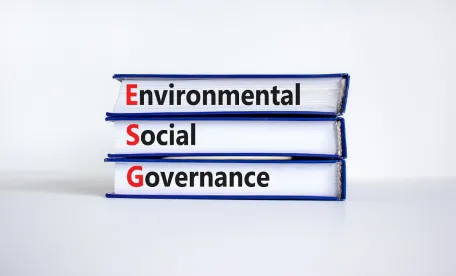For key stakeholders, environmental and climate change factors present operational challenges and opportunities and are increasingly a focal point for regulators, investors and consumers alike. These groups have placed a heightened focus on Boards of Directors and their fiduciary duty to assess company operations and shape business strategy within the ESG context. Indeed, new rules and disclosure requirements from bodies such as the SEC are anticipated in coming months, particularly those related to climate change considerations. As companies await these looming changes, it is imperative that Boards begin taking stock of current practices and preparing for increased scrutiny and additional disclosures. The following considerations are intended to guide Boards and any relevant subcommittees as they assess environmental risk exposure and prepare for increased disclosure regulation.
Temperature Check:
-
Assess what the company has done, if anything, by way of climate risk assessment and disclosure. This can be accomplished by engaging cross-organizational groups, including management, employees and clients.
-
Take note of what peers and competitors are doing in this space to inform the Board’s approach and strategy. Many companies are now relying on or referring to the frameworks proposed by the Task Force on Climate-Related Financial Disclosures and Sustainability Accounting Standards Board in crafting their own approach.
-
Engage with key stakeholders, including employees, and assess which risks and challenges are most salient to these groups
Set a Benchmark:
-
Considering relevant risks, lay out short and long term material risks for the company. Use this to organize a progress tracker to measure progress between anticipated challenges and concrete goals.
-
Encourage the appointment of an individual or committee to take point on these issues.
-
Align metrics you plan to report externally with those used by company management and agree upon the format and frequency with which you plan to report.
-
Inform management and executive teams of ESG related goals and how they tie into the Board’s assessment of executive performance.
Periodic Upkeep:
-
Ask for regular report outs from management or executive teams to Board and relevant subcommittees on progress and address issues as they arise.
-
Add ESG as a regular agenda item for Board meetings to discuss progress, new challenges, Director trainings etc.
-
Check in with outside counsel to ensure you are staying apprised of the latest climate change disclosure trends and changes to regulations that could affect business operations and long term goals.
Report Out:
-
Taking into consideration guidance and/or regulations from relevant governing bodies, prepare to report out on existing risks, progress management has taken to mitigate exposure and any market opportunities identified. Take into account new, anticipated SEC guidance on environmental disclosures.
-
It is increasingly important for stakeholders and potential investors that these disclosures go beyond boilerplate language to discuss specific material risks and qualitative solutions.
-
Be prepared to outline the Board’s role in overseeing environmental risks and related initiatives.






 />i
/>i

